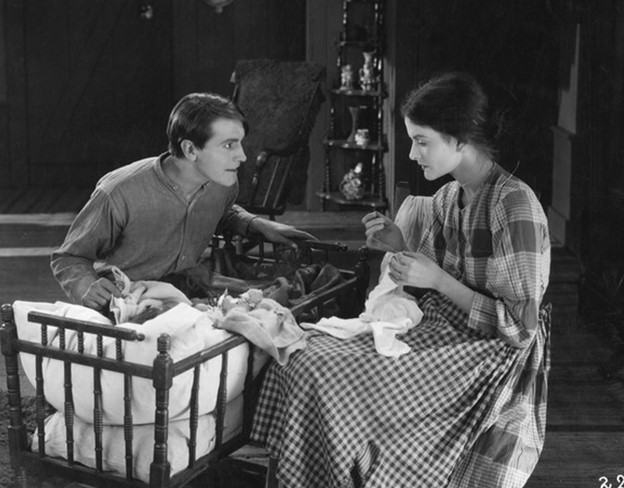Tol'able David (1921)
Henry King's "Tol'able David"
By 1921, Henry King had been in the film industry for nearly a decade as both an actor and a director. His first major success was "Tol'able David," a coming-of-age film starring Richard Barthelmess. The film was adapted by Edmund Goulding from a short story by Joseph Hergesheimer and was originally intended to be directed by D.W. Griffith. Griffith traded the rights to the film after Barthelmess and King established Inspiration Pictures together and wanted to make 'Tol'able David" their first venture.
The film follows David, a young boy who is the son of West Virginian tenant farmers. He continually wants to be treated as a man, but is constantly told he is too young for adult responsibilities. One day, his love interest, Ester, receives visitors at her grandfather's farm in the form of distant cousins who have just been released from prison. They begin causing problems for everyone. David's father attempts to seek justice from these men after one of them paralyzes David's older brother. However, David's father suffers a heart attack. David, wanting to be a man and seek vengeance on his own, is told not to by his mother. After getting a job at the general store, David is tasked with delivering state mail (his first real adult responsibility). However, the convicts attack David on his mail route. David defends himself and kills them. He returns to town with his mail delivered and his work completed.
"Tol'able David" was both a commercial and critical success. Critics loved the film for its tragic nature. The protagonist is forced to grow up, but only through tragic circumstances. Filmmakers such as Mary Pickford and John Ford have named "Tol'able David" as one of their favorite films. Not many who are film lovers even recall this early silent picture, but it was heralded at the time as a coming-of-age classic.




Comments
Post a Comment